The first Network-to-Network for the Gulf of Mexico (N2N-GoM) workshop kicked off last Tuesday, October 1st, 2019 at the Hyatt Regency Merida Hotel in Yucatan, Mexico. 42 networks from all around the Gulf of Mexico are represented at this event aimed at assessing and managing multi-sectorial states of risk for the Gulf of Mexico, to secure optimal resilience and adaptation strategies due to climate variability and emerging threats.
N2N-GoM is a project led by Texas A&M University, sponsored by the National Science Foundation (NSF), and co-sponsored by the Yucatan Initiative Project, the Yucatan State Government, and the Society for Underwater Technology in the U.S. (SUT-US). Its aim is to user the power of networks (defined as a structured group of entities, societies, companies, agencies or institutions actively working towards a common mission or goal) to comprehensively approach the economic, environmental and social threats faced by the Gulf of Mexico and the communities around it, especially due to climate change.
The main goal at N2N-GoM is to establish an international, interdisciplinary coordinating network made up by researchers, educators and stakeholders in the academic, private and public sectors. This network of networks must be able to transcend existing geographical and ideological borders by developing new community nodes among the networks that have already been established around the Gulf.
The N2N network is also being used as a case study to document the importance, as well as the required methodology of carrying out international interdisciplinary research collaboration among existing networks.
The Merida workshop brings together participants from the U.S. and Mexico, who will work together throughout three days to identify and prioritize the most pressing threats and vulnerabilities faced by the Gulf and the networks that operate on and around it, as well as to brainstorm and present possible solutions supported by the numerous angles provided by the diverse group’s many areas of expertise.
The workshop kickoff included words by Dr. Jack Baldauf, Senior Associate Vice President for Research and Professor of Oceanography at Texas A&M University, on behalf of the N2N-GoM Planning Committee; by Dr. Zenon Medina-Cetina, in his capacity as Director of the Yucatan Initiative at Texas A&M; and by Bernardo Cisneros Buenfil, Secretary of Research, Innovation and Higher Education for the State Government. 42 participants are in attendance, representing 17 American and 25 Mexican networks; networks involved include the National Academies of Science, Engineering and Medicine, the National Science Foundation and the Caribbean Marine Research and Conservation Program (CariMar), as well as Mexico’s Agency of Security, Energy and Environment of the Hydrocarbons Sector (ASEA), its National Institute for Ecology and Climate Change (INECC), and its National Meteorological Service (SMN).
The results of this workshop will be essential to determine a common research agenda for the Gulf of Mexico over the next 10 years.

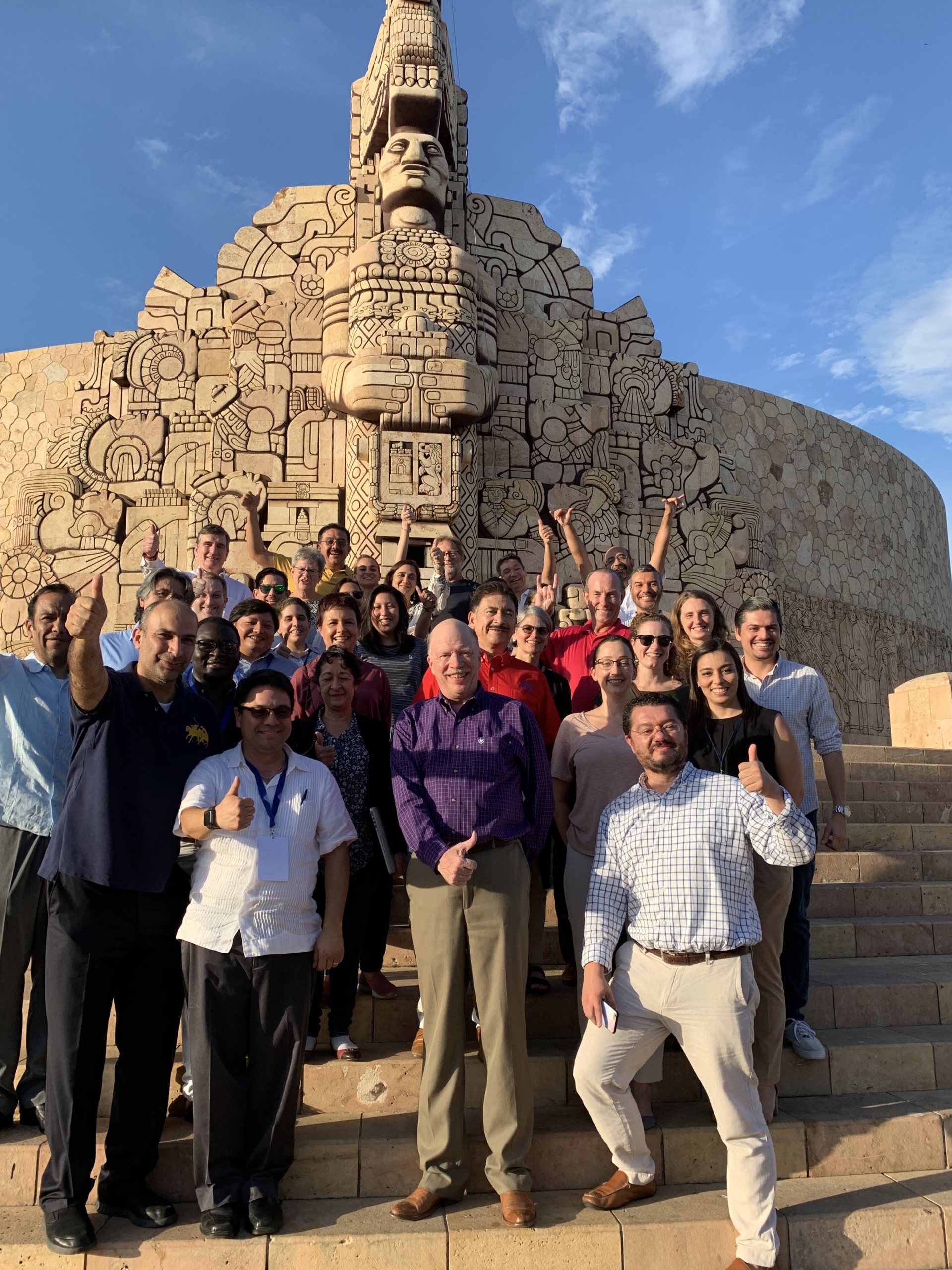
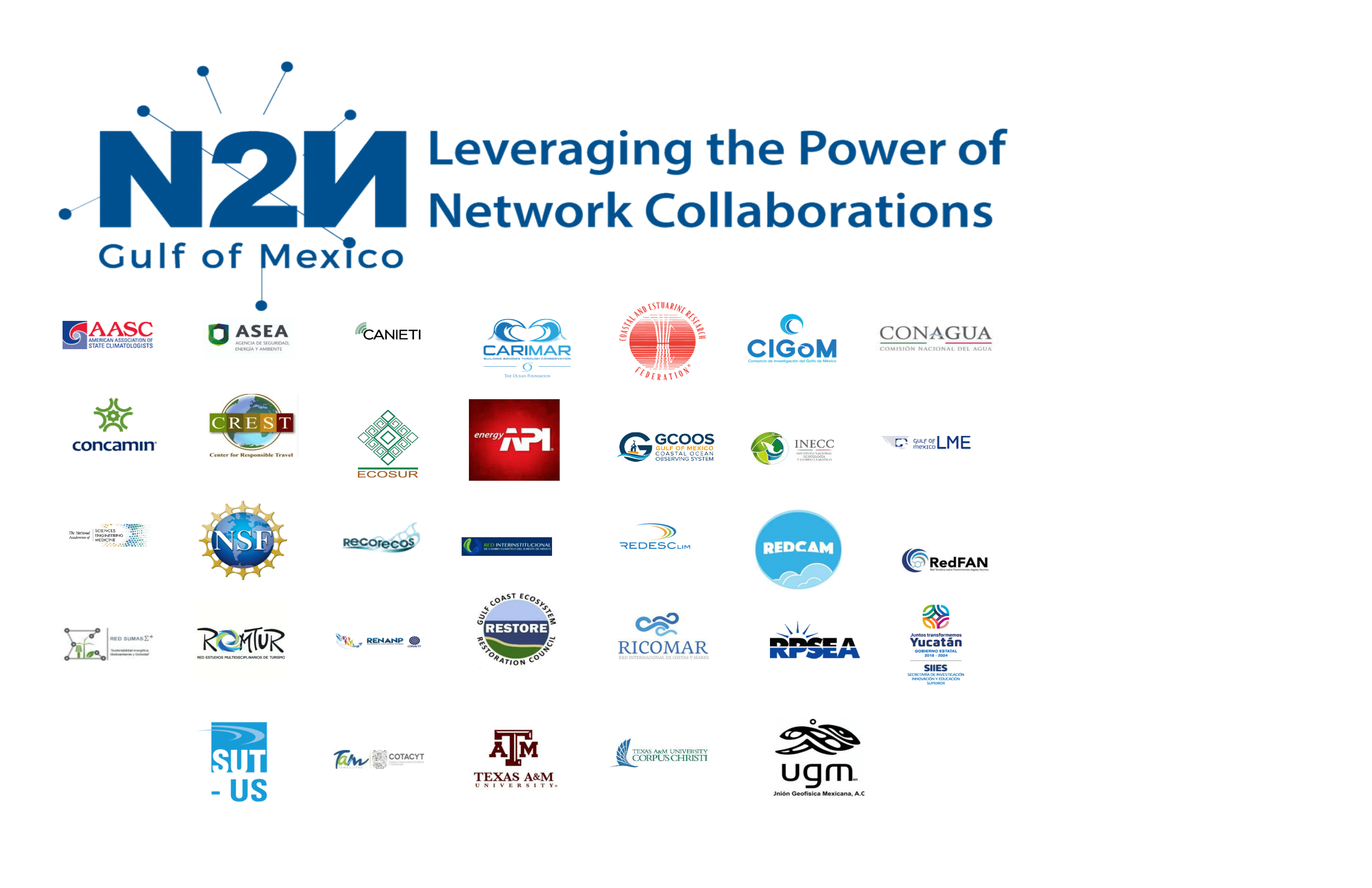
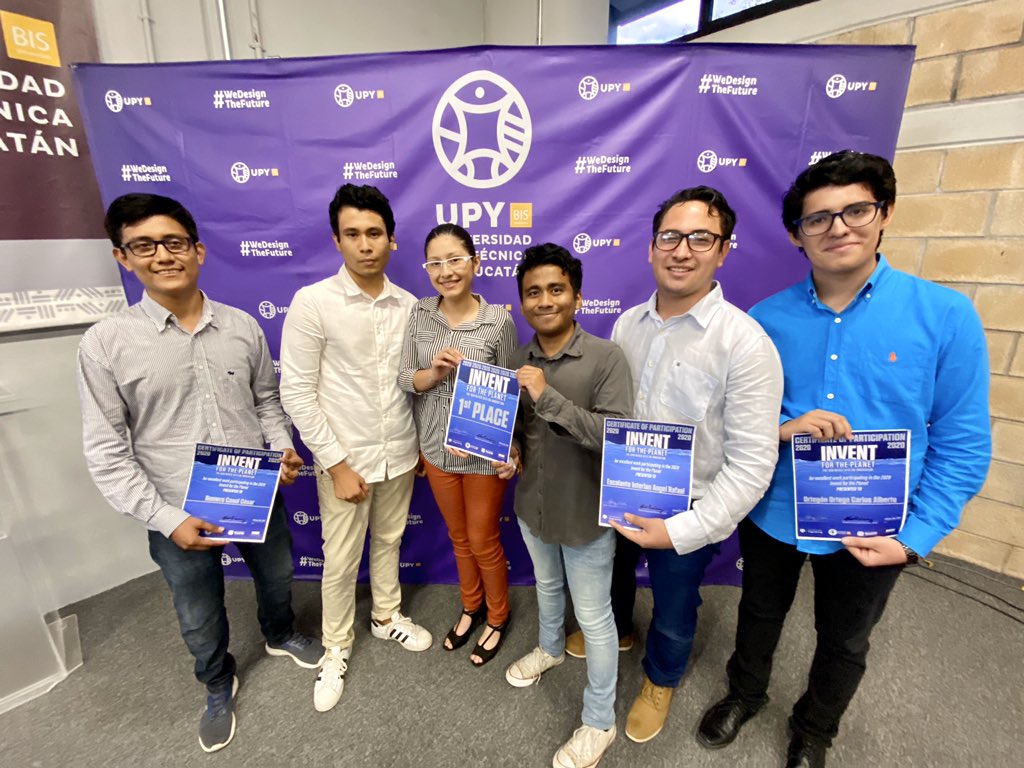
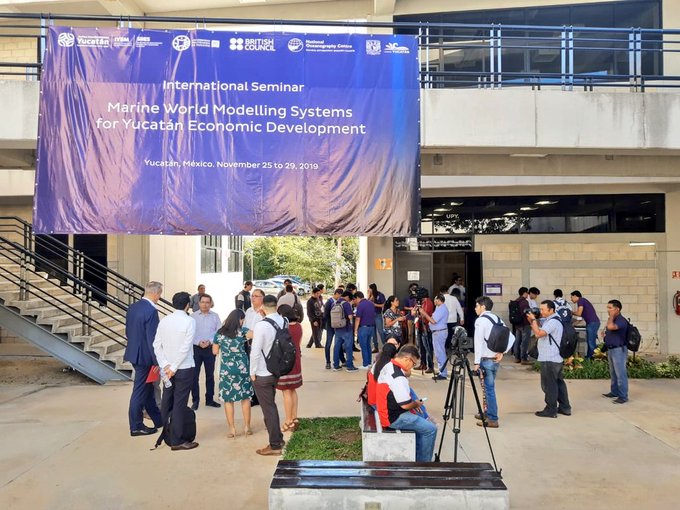
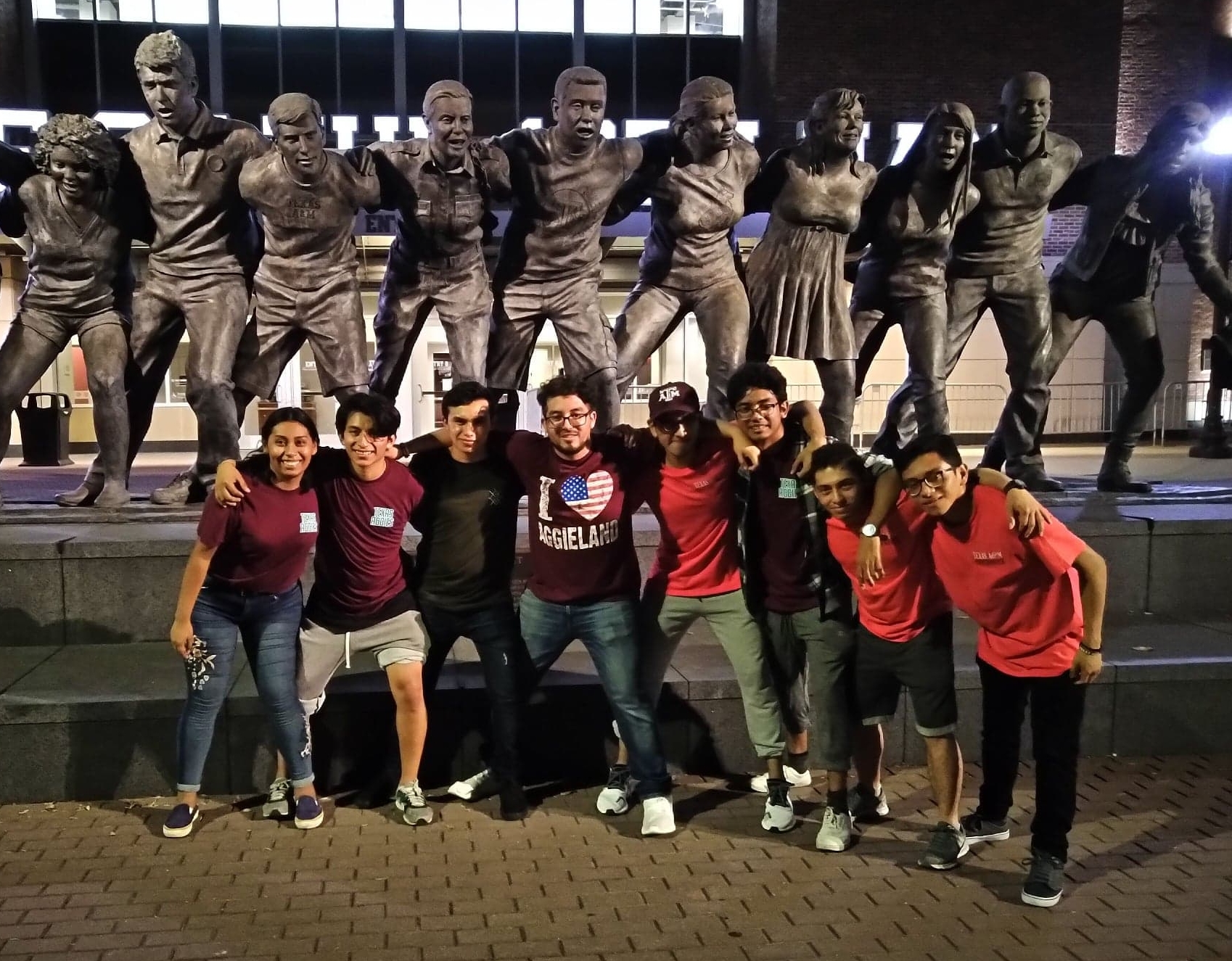
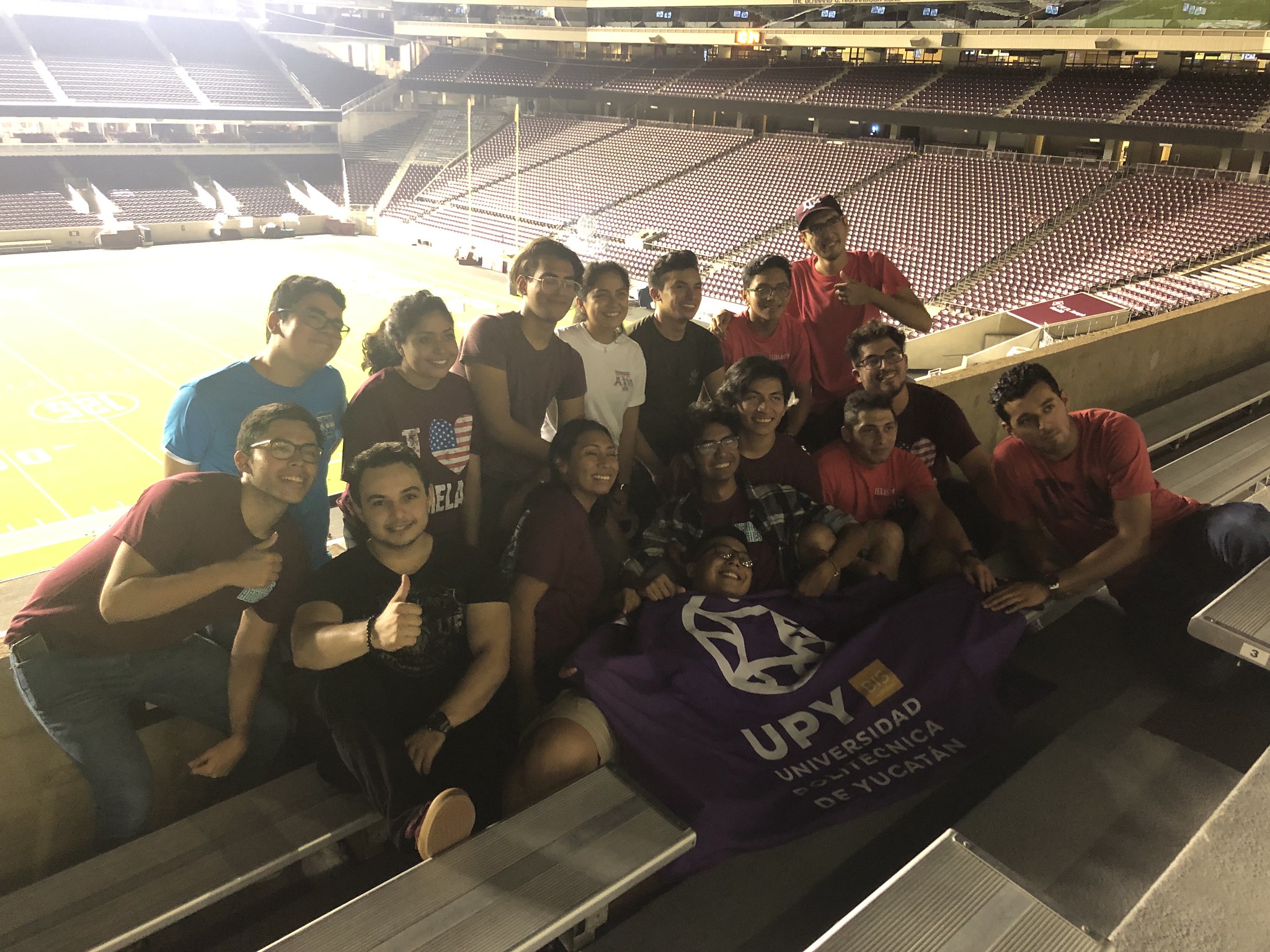
Follow Us